Ancient Greece Worksheets
Ancient Greece Worksheets are a valuable resource for educators and students alike who wish to delve deeper into the fascinating world of this ancient civilization. These worksheets offer a wide range of activities and exercises designed to enhance learning and understanding of various aspects of Ancient Greece, including its history, mythology, art, architecture, and much more.
Table of Images 👆
- Ancient Greece Printable Worksheets
- Ancient Greece Activity Worksheets Printables
- Printable 9th Grade Reading Comprehension Worksheets
- Ancient Greece Timeline Worksheet
- Greek Vase Patterns Worksheet
- Ancient Greece Writing Paper
- Ancient Greece Government Worksheet
- Ancient Greece Activity Worksheets
- Ancient Greece Free Printables
- Gods Greek Mythology Worksheet
- Greek Mythology Worksheets Printable
- Ancient Greek Theater Worksheet
More Other Worksheets
Kindergarten Worksheet My RoomSpanish Verb Worksheets
Cooking Vocabulary Worksheet
DNA Code Worksheet
Meiosis Worksheet Answer Key
Art Handouts and Worksheets
7 Elements of Art Worksheets
All Amendment Worksheet
Symmetry Art Worksheets
Daily Meal Planning Worksheet
Describe the geography of Ancient Greece.
Ancient Greece was a mountainous region with many rugged hills and valleys. The landscape was divided into small isolated valleys, which led to the development of independent city-states. The country was surrounded by the Mediterranean Sea, providing ample opportunity for trade, fishing, and naval activities. The climate in Greece was typically mild and temperate with hot, dry summers and wet winters, allowing for a variety of agricultural activities. The geography of Ancient Greece influenced its culture, politics, and history, shaping it into one of the most influential civilizations in the ancient world.
What types of government existed in Ancient Greece?
Ancient Greece had various types of government, including monarchies, oligarchies, tyrannies, and democracies. Monarchies were ruled by a single king or queen, oligarchies by a small group of wealthy individuals, tyrannies by a single ruler who seized power, and democracies by the citizens themselves through direct participation in decision-making. These different forms of government existed in different city-states throughout Ancient Greece and evolved over time.
What were the major city-states in Ancient Greece and what were their characteristics?
Some of the major city-states in Ancient Greece were Athens, Sparta, Corinth, Thebes, and Syracuse. Athens was known for its cultural achievements, democratic government, and emphasis on education. Sparta was recognized for its military prowess, discipline, and emphasis on physical strength. Corinth was a major trade center and known for its wealth and strategic location. Thebes was known for its military power and contributions to Greek philosophy and literature. Syracuse was a major naval power and known for its wealth and influence in Sicily.
Describe the social structure of Ancient Greece.
Ancient Greece had a hierarchical social structure with citizens at the top, followed by metics (foreign residents) and slaves at the bottom. Citizens were free-born males who had political rights and responsibilities, while metics had limited rights but contributed to the economy. Slaves had no rights and were considered property. Society was also divided into different city-states, each with its own government and culture, such as Athens and Sparta. Family played a crucial role in social structure, with men holding the most power and women having limited rights. Education and participation in public life were essential for citizens to maintain their status in society.
Explain the importance of religion in Ancient Greek society.
Religion was integral to Ancient Greek society as it permeated all aspects of life, shaping their beliefs, values, rituals, and social structure. The Greeks believed in a pantheon of gods and goddesses who influenced everything from nature to human endeavors. Religious festivals, ceremonies, and sacrifices were central to Greek culture, fostering unity and a sense of community among the people. Temples and oracle sites like Delphi were places of spiritual guidance and civic decision-making. Furthermore, the myths and stories of Greek religion provided moral lessons and explanations for the world around them. Overall, religion served as a foundation for the Greeks' understanding of the universe, their place in it, and their relationship with the divine.
Who were some famous Ancient Greek philosophers and what were their contributions?
Some famous Ancient Greek philosophers include Socrates, known for his Socratic method of questioning to stimulate critical thinking and the pursuit of truth; Plato, who founded the Academy and wrote numerous dialogues on topics ranging from ethics to metaphysics; and Aristotle, a polymath whose works had a profound influence on fields such as logic, biology, and ethics. These philosophers made significant contributions to Western philosophy and laid the foundations for many of the ideas and concepts that are still studied and debated today.
Describe the impact of the Persian Wars on Ancient Greece.
The Persian Wars had a significant impact on Ancient Greece by uniting the city-states against a common enemy and ultimately leading to the rise of Athens as a major power. The victories in the battles of Marathon, Thermopylae, Salamis, and Plataea boosted Greek morale and instilled a sense of national pride. This successful defense against the Persian Empire also solidified the concept of democracy and the importance of cooperation among Greek city-states. Additionally, the Persian Wars marked the beginning of the Peloponnesian War between Athens and Sparta as they vied for dominance in Greece, ultimately altering the political landscape of the region for years to come.
How did the Athenian democracy function?
The Athenian democracy functioned through a system of direct democracy where all eligible citizens could participate in decision-making by voting on laws and policies in the Assembly. Additionally, citizens could serve on juries, propose legislation, and hold public office through a system of random selection. The democracy required active citizen engagement, with debates, public speeches, and consensus-building playing crucial roles in shaping the political landscape. However, it's important to note that only a limited number of citizens, specifically adult male Athenian-born citizens who had completed their military training, were considered eligible participants in the democratic process, with women, slaves, and non-citizens excluded from political rights and participation.
What were the achievements and legacy of Alexander the Great?
Alexander the Great was one of history's most successful military leaders, conquering vast territories and creating one of the largest empires in the ancient world. His legacy includes spreading Greek culture and ideas throughout the territories he conquered, known as Hellenism, which had a lasting impact on the regions he ruled. He also promoted the exchange of knowledge and ideas between different cultures, paving the way for trade and intellectual advancements. Additionally, Alexander's military strategies and tactics are still studied and admired by military leaders today, contributing to his lasting influence on the history of warfare.
Explain the decline and fall of Ancient Greece.
The decline and fall of Ancient Greece can be attributed to a combination of factors including internal conflicts among city-states, power struggles, corruption, economic problems, and military defeats from outside invaders such as the Macedonians and Romans. The Peloponnesian War weakened many Greek city-states, leaving them vulnerable to conquest. Additionally, the rise of Alexander the Great and the eventual Roman conquest of Greece further contributed to the decline of Greek influence and power in the ancient world, ultimately leading to the end of the Greek city-states as independent entities.
Have something to share?
Who is Worksheeto?
At Worksheeto, we are committed to delivering an extensive and varied portfolio of superior quality worksheets, designed to address the educational demands of students, educators, and parents.

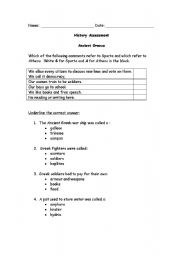



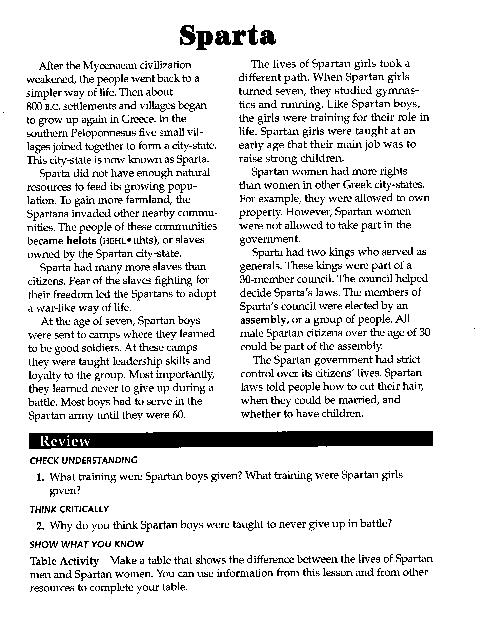
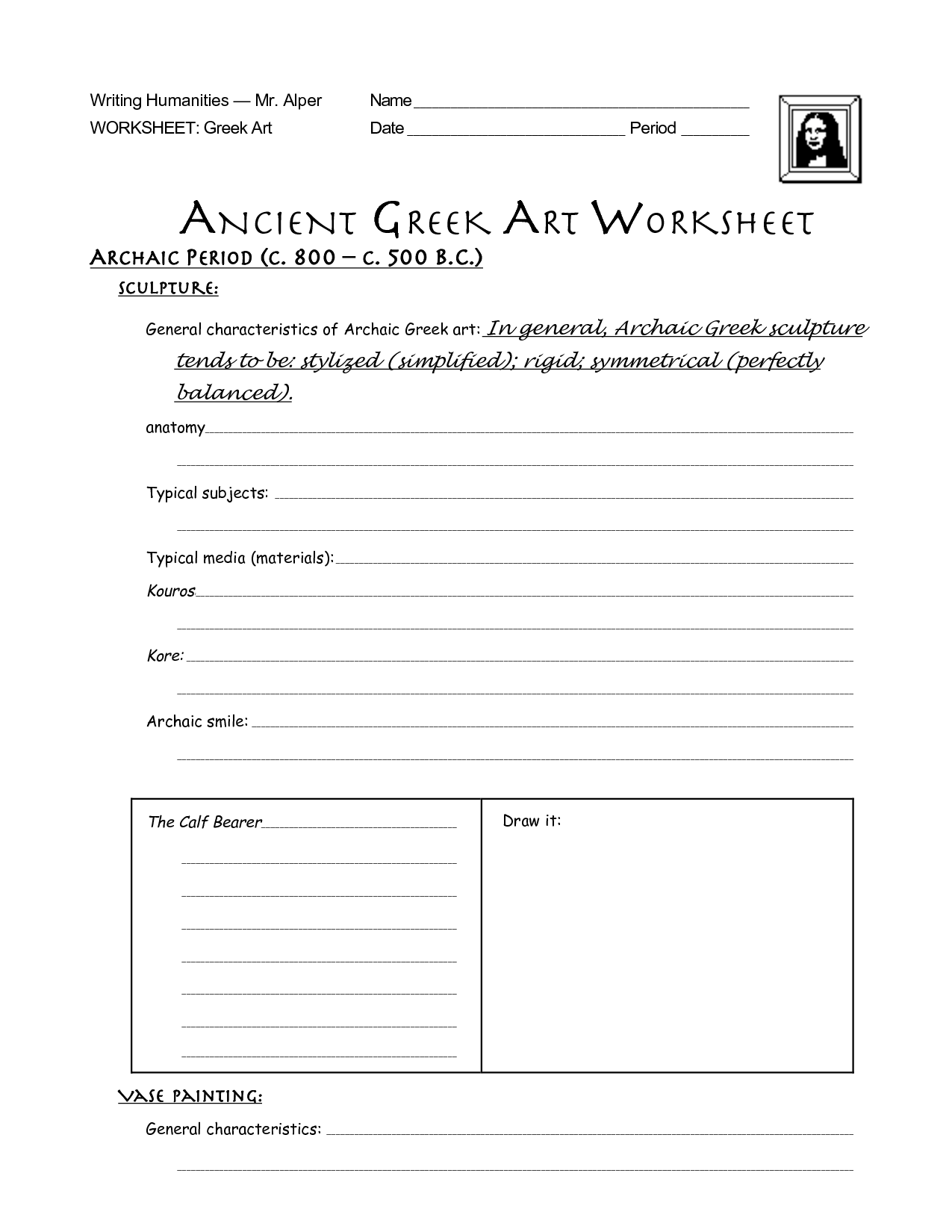
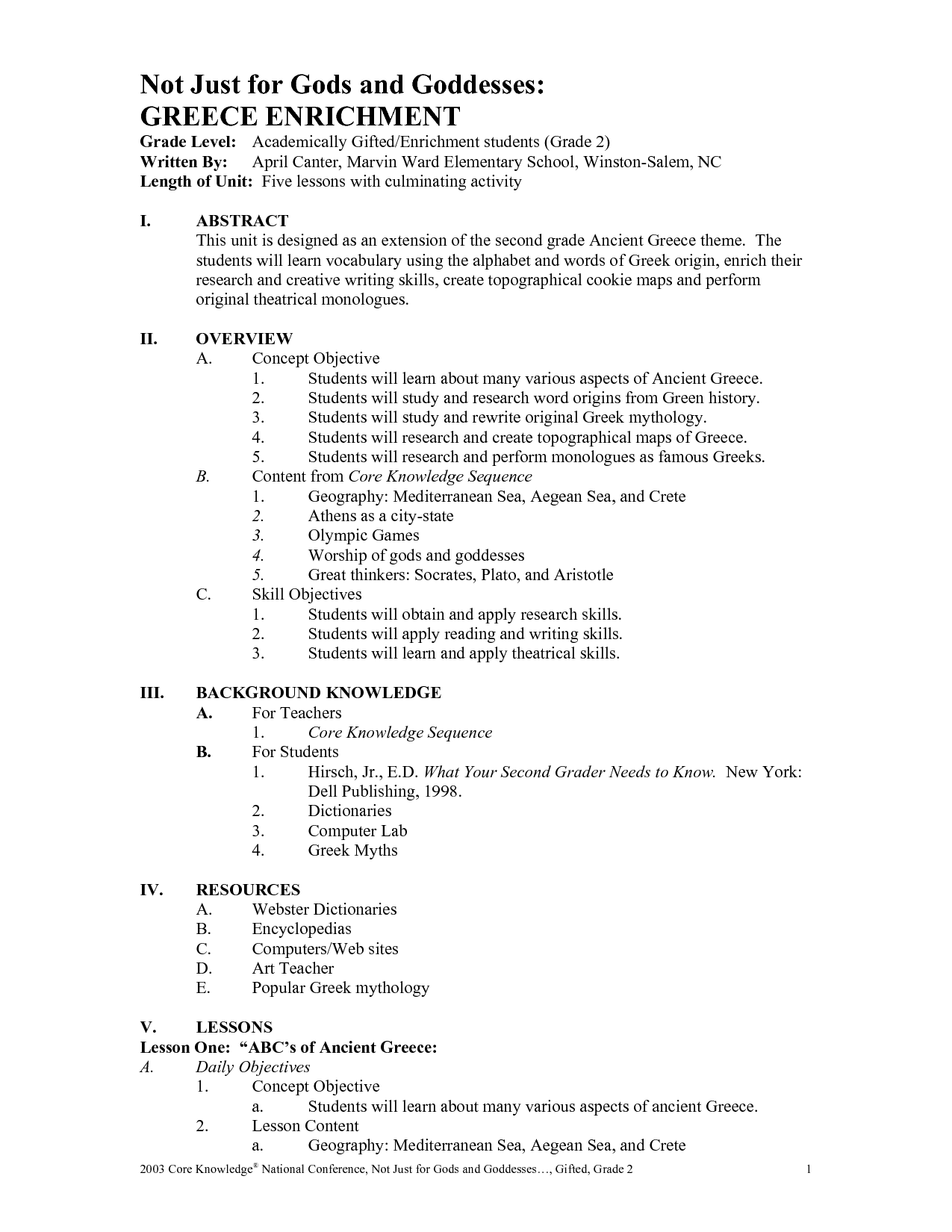
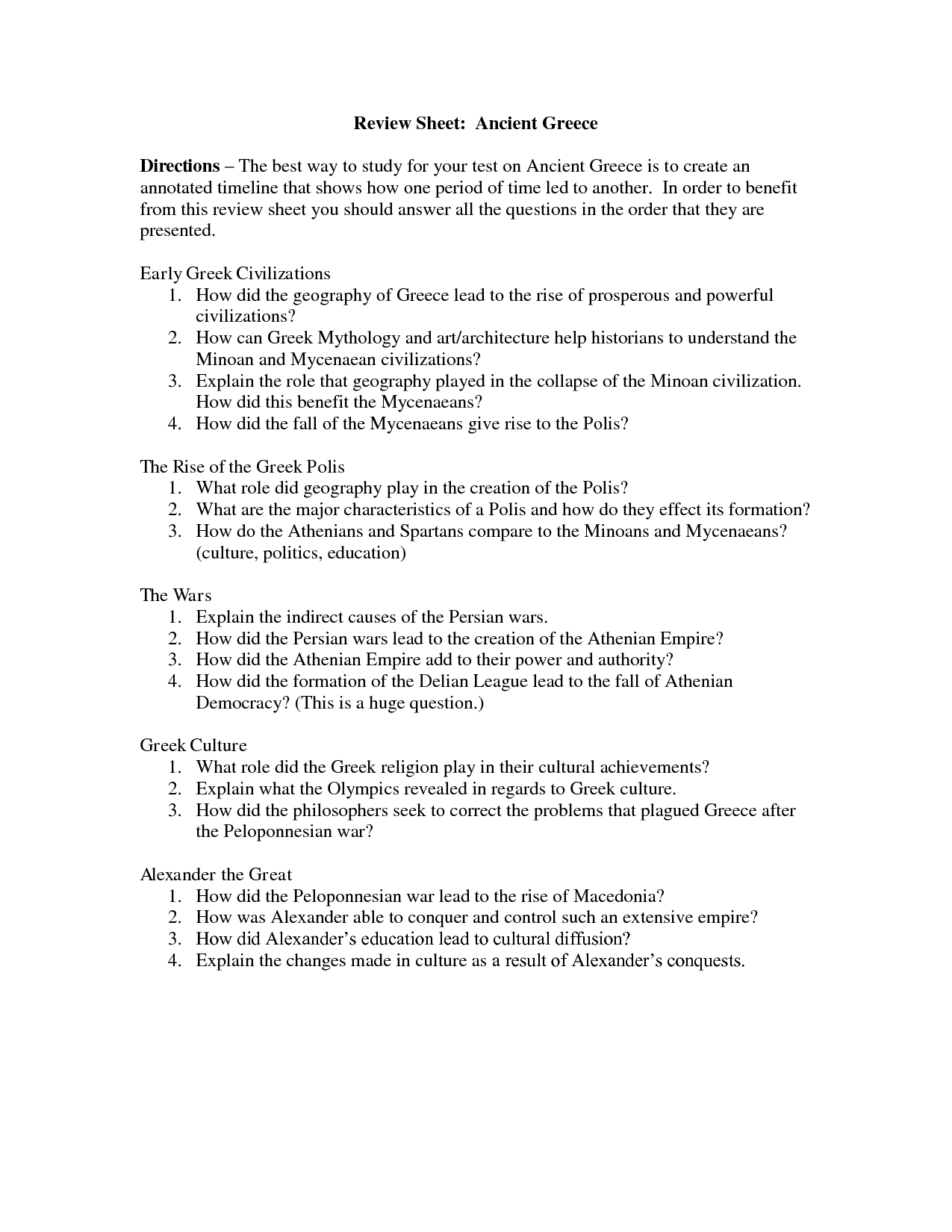

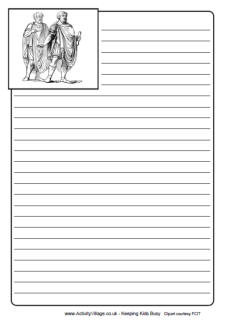
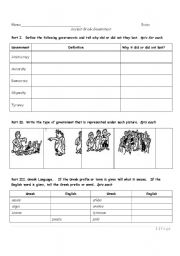
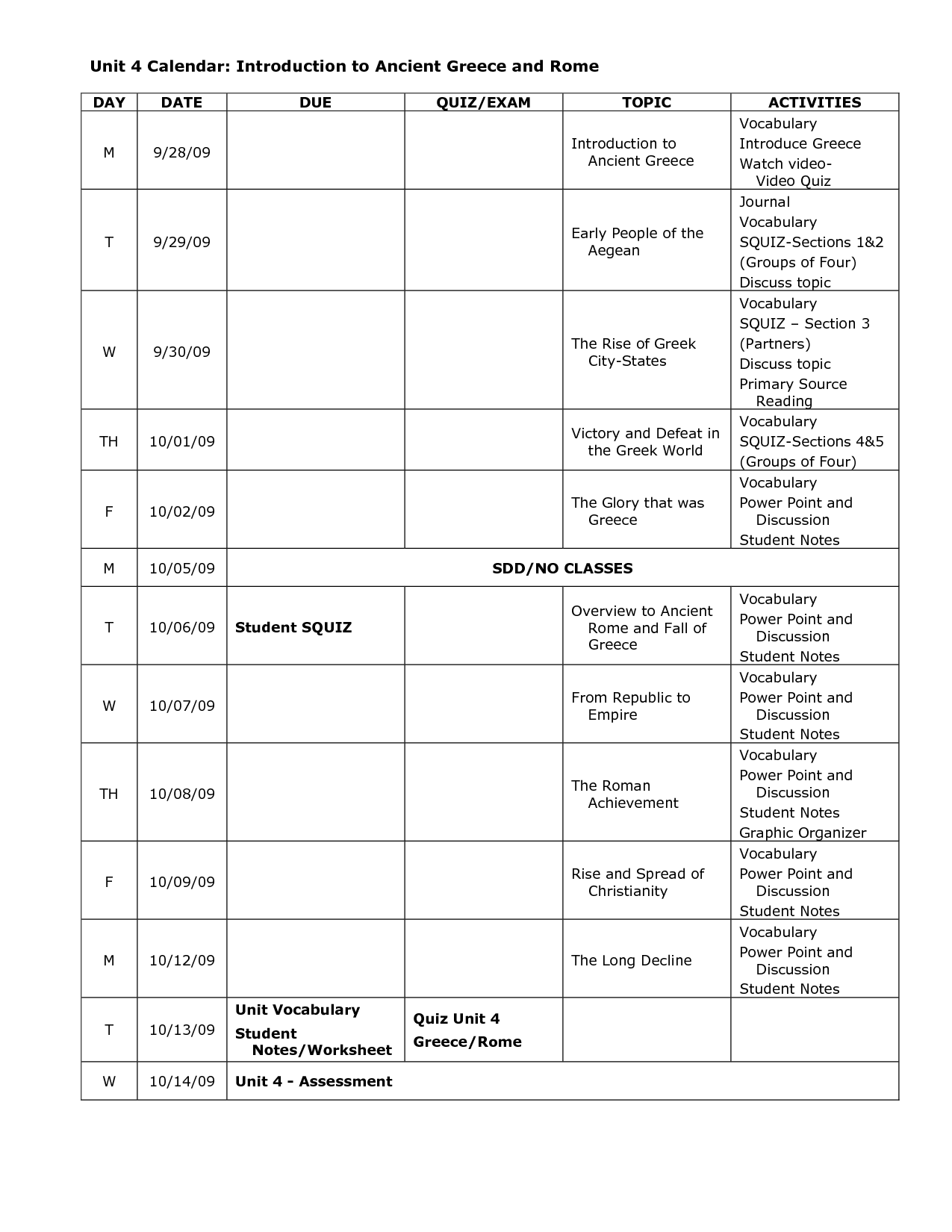
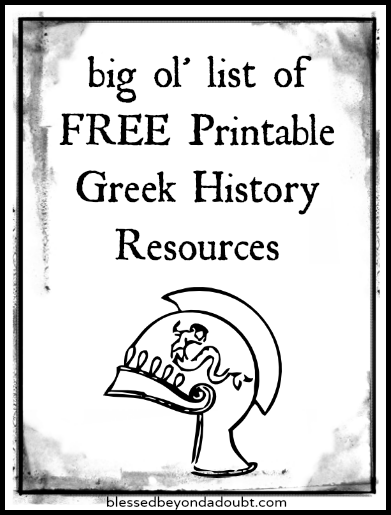
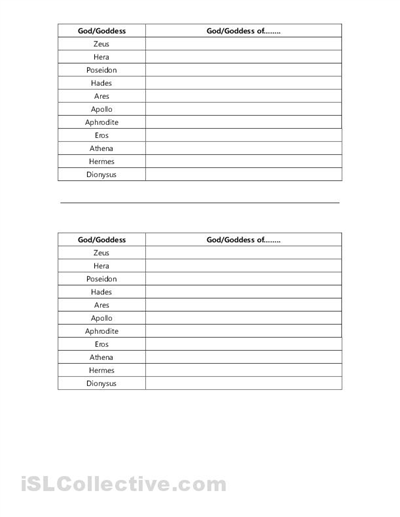
















Comments